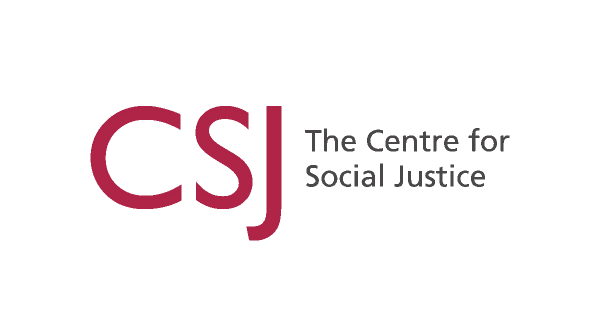New analysis from the Centre for Social Justice (CSJ) reveals that in November 2022, there were 3.7 million claimants with No Work Requirements. Claimants with No Work Requirements are exempt from work due to physical and mental health conditions, disabilities or caring responsibilities.
This has risen by 480,000 since before the pandemic, mirroring the post-Covid surge in economic inactivity due to long-term sickness. Out of work benefits spending for this group of people exempt from work has risen to around £25 billion per annum, the think tank estimates.
While many claimants with No Work Requirements will never be able to work due to the nature of their conditions or responsibilities, analysis by the CSJ of official survey data reveals that at least 700,000 in this group say they want to work and think they could with the right support.
At a time of soaring immigration, the CSJ is demanding ministers look to untap more of the potential in our communities by helping those languishing on sickness benefits who want to work move into roles and fill labour shortages. Helping this group into work, the analysis reveals, would net HM Treasury £7bn in savings in benefit payments and taxes, boosting growth and changing lives.
The CSJ recommended the roll out of Universal Support – an intervention proven to help people with complex barriers to work achieve and stay in employment – which the Government accepted and announced at the Spring Budget 2023. HM Treasury expect the programme to help tens of thousands into work next year, rising to 50,000 per annum by 2025.
However, concerns remain that claimants will not take up the new voluntary employment support offer owing to fears around engaging with DWP employment support, worries over fluctuating conditions, and triggering reassessment for health-related benefits.
Of those in this group who think they could work with the right support, DWP survey data shows 53% are ‘worried they wouldn’t get their benefits back’ if it didn’t work out, 73% are ‘worried people won’t employ me because of my health condition’, while 72% said their health condition fluctuated too much.
The Government’s Health and Disability white paper sets out welcome measures to reform assessments so they are more tailored to individual needs and ambitions to work. But the measures are not expected to be fully rolled out until 2029. And so the CSJ is asking ministers to introduce additional measures urgently:
- The CSJ is calling on Government to announce an ‘Into Work Guarantee’, providing a cast iron commitment that claimants trying work will be supported and will be able to return to their additional health-related benefits without a new assessment should their condition unexpectedly worsen. Some claimants are exempt from reassessment currently, but this is patchy and not well known.
- The CSJ is also calling on HM Treasury to accelerate the managed migration of ESA claimants onto Universal Credit where they can receive additional support into work, after this was slowed down at last year’s mini-budget.
Joe Shalam, Policy Director at the Centre for Social Justice, said:
“Mel Stride deserves credit for seeking to complete the unfinished business of welfare reform. But we know this will take years. What we need are further interventions now to stem the rising tide of sickness related inactivity, and to give the 700,000 exempt claimants who want work the confidence to step into the labour market.
“Employers must be incentivised away from their reliance on immigration – unlocking the talent in our communities will cut the benefit bill and change lives for the better.”
Help keep news FREE for our readers
Supporting your local community newspaper/online news outlet is crucial now more than ever. If you believe in independent journalism, then consider making a valuable contribution by making a one-time or monthly donation. We operate in rural areas where providing unbiased news can be challenging. Read More About Supporting The West Wales Chronicle























